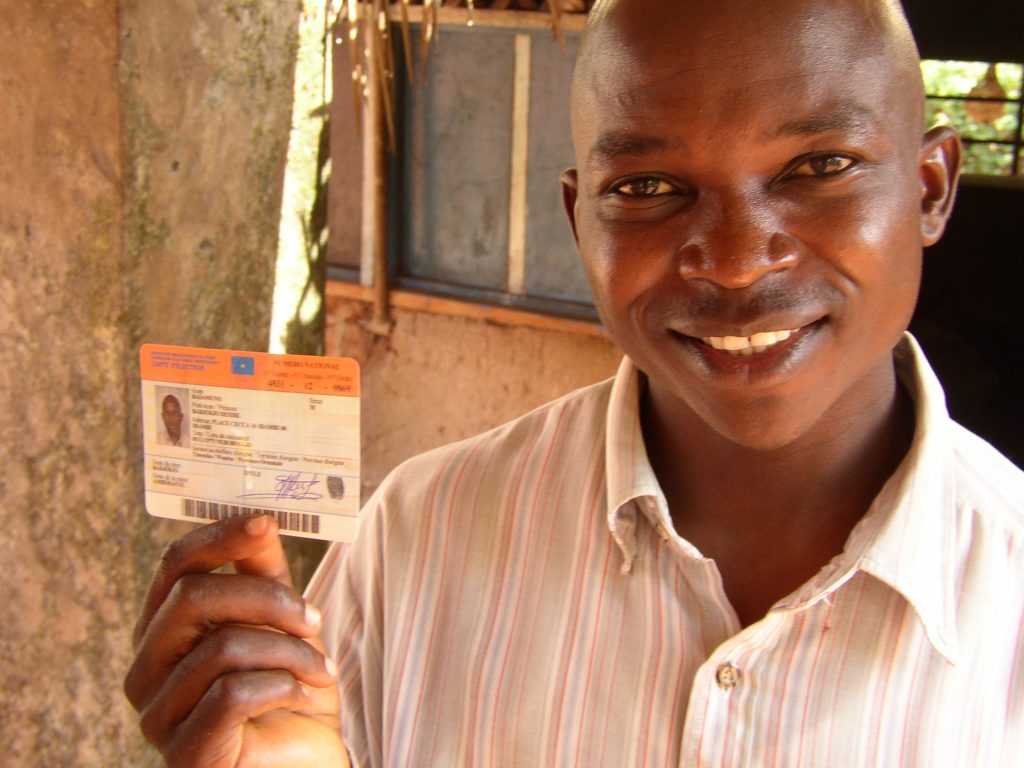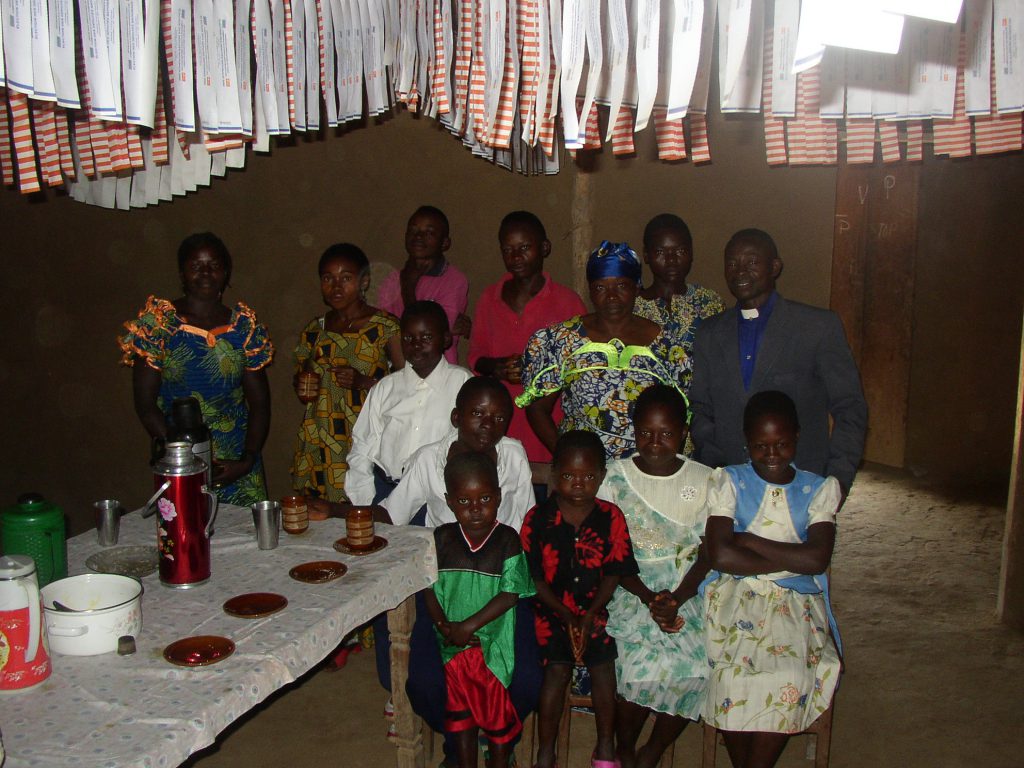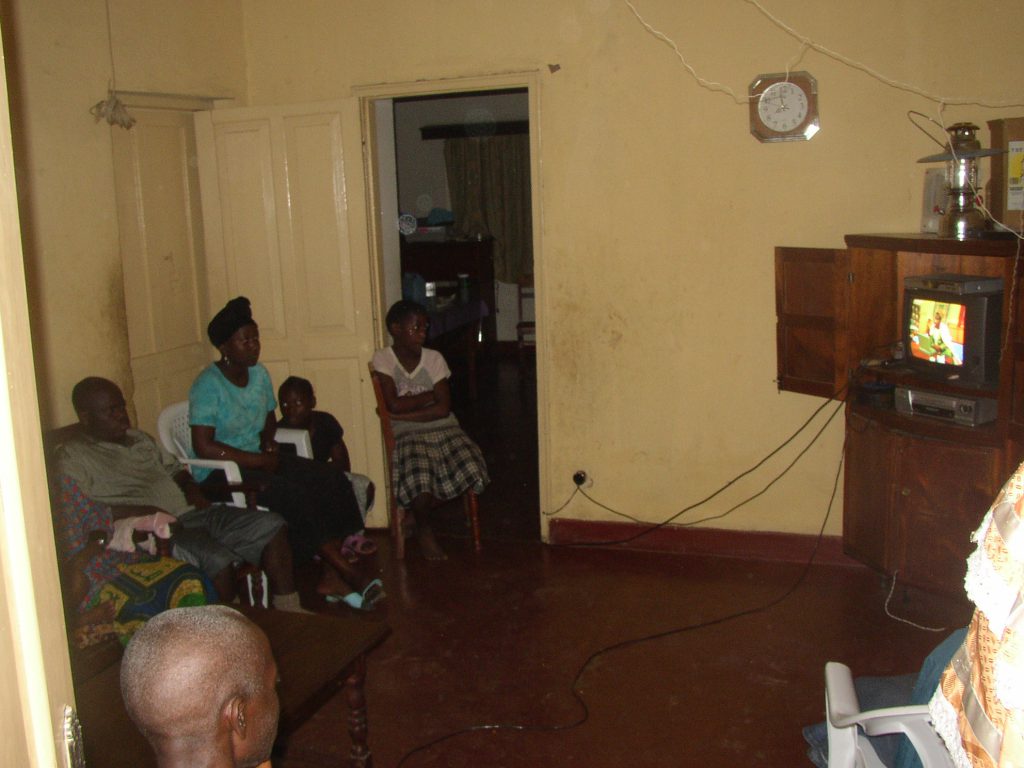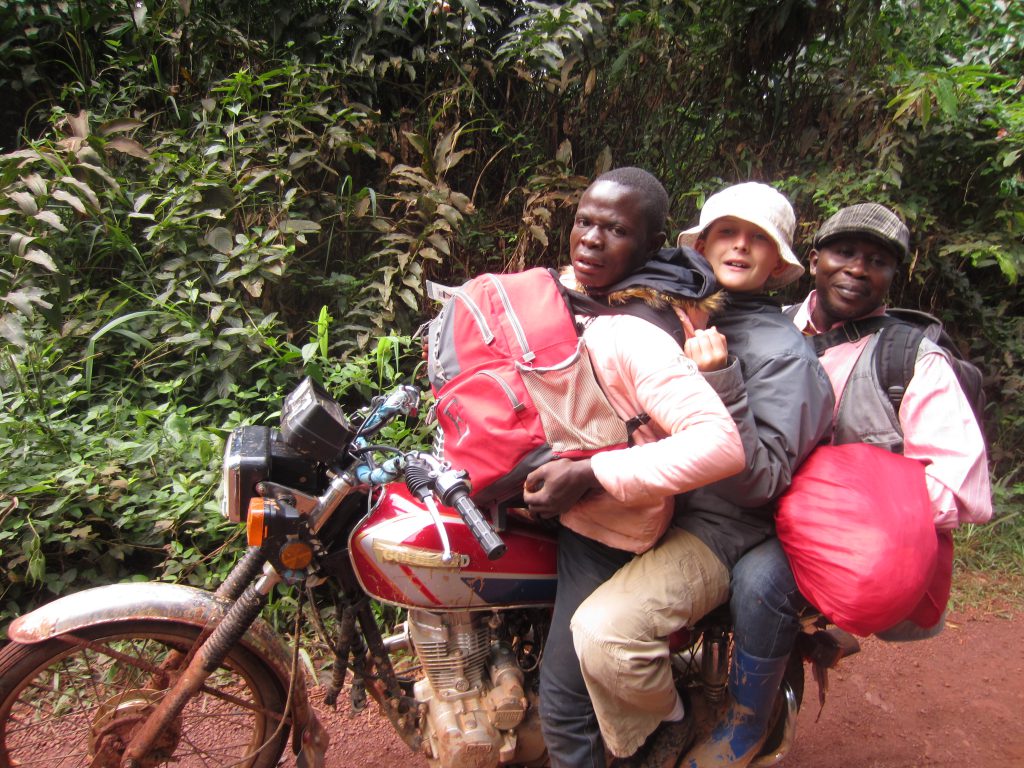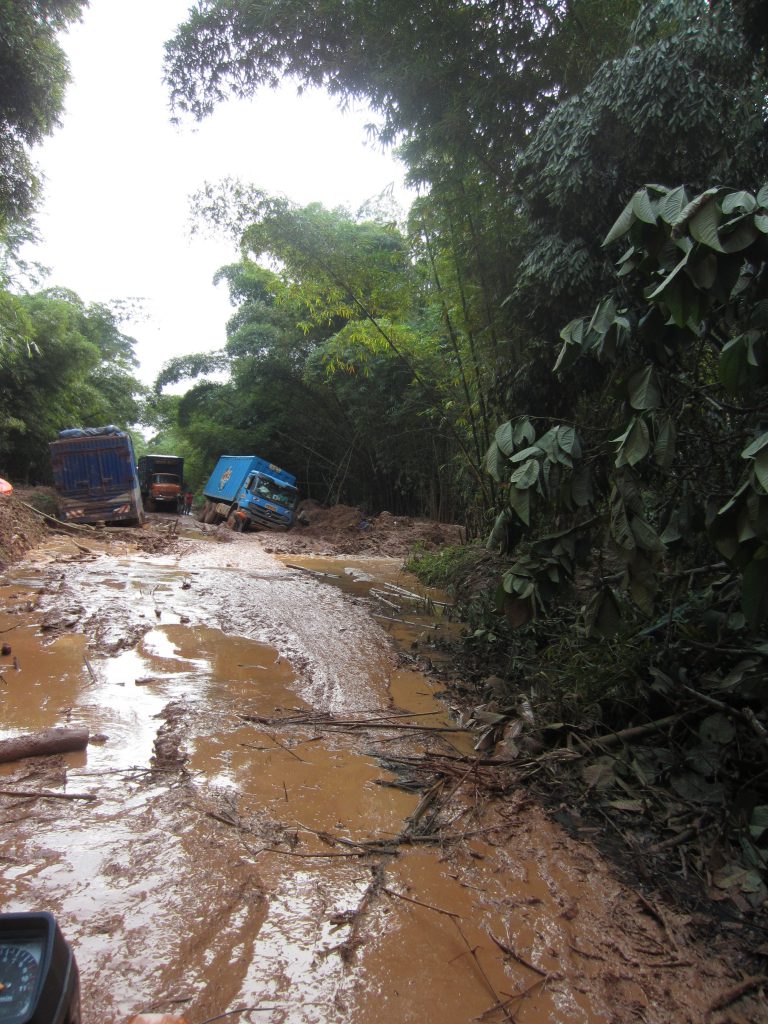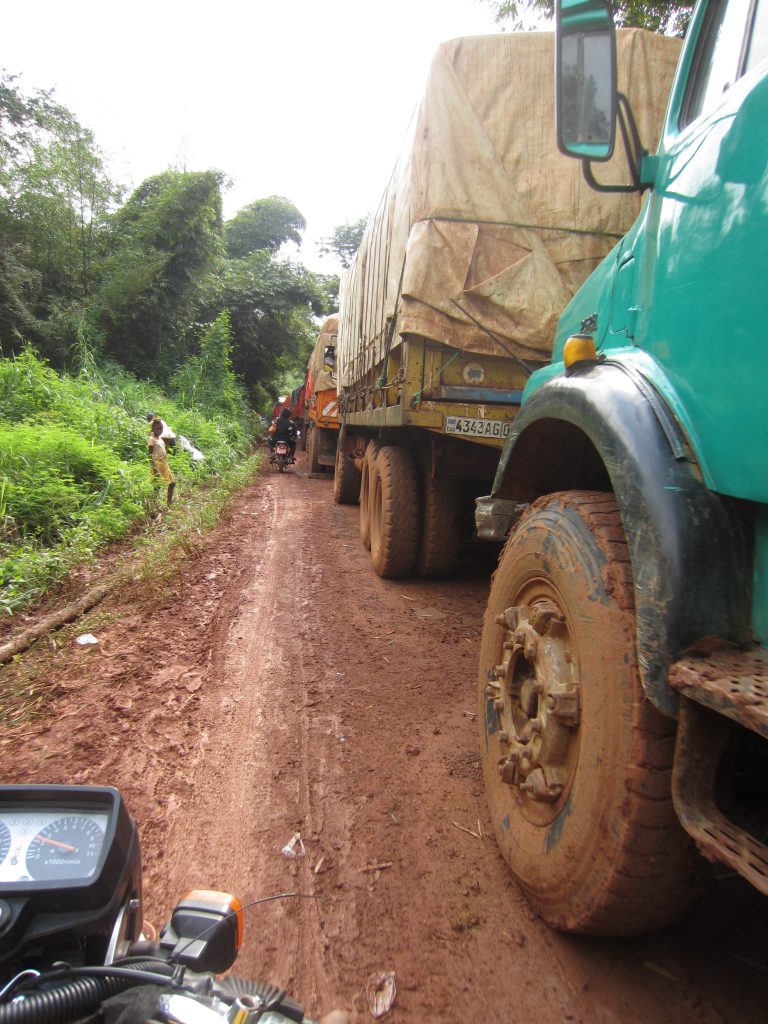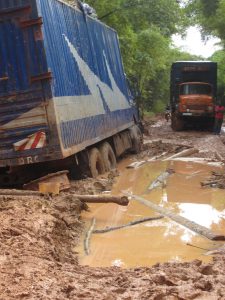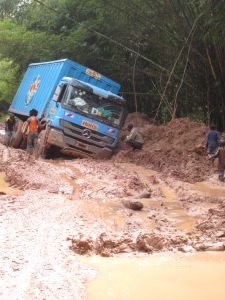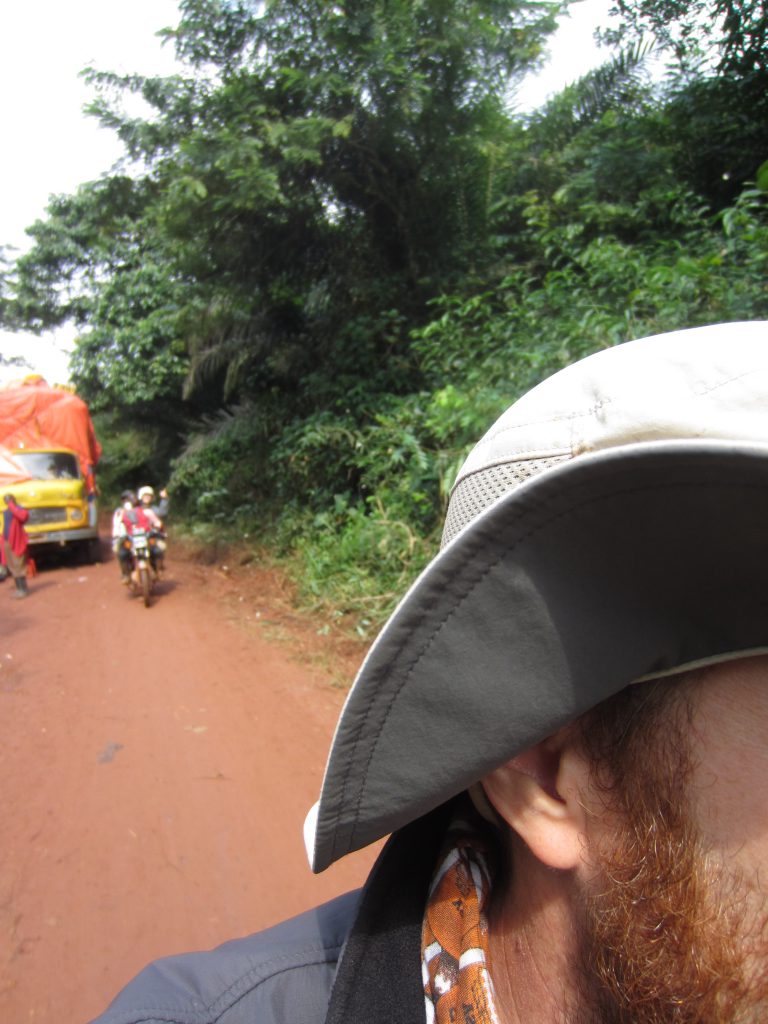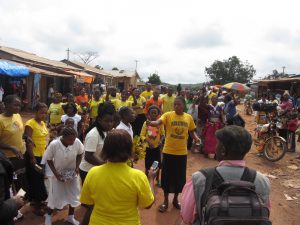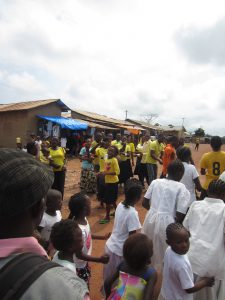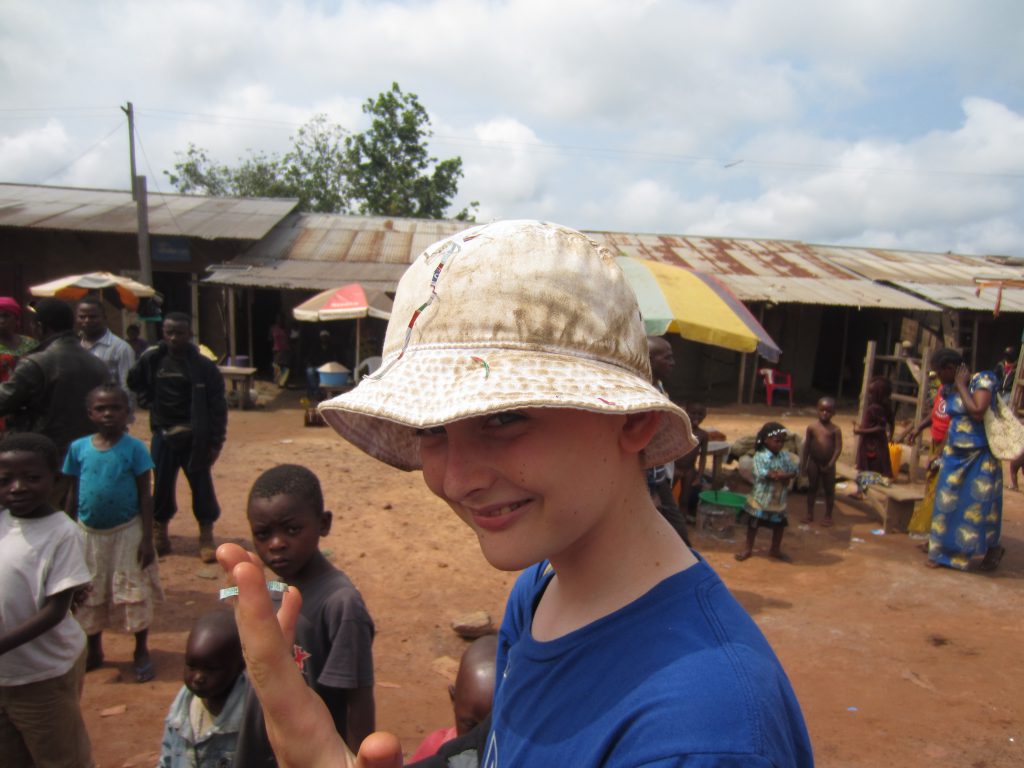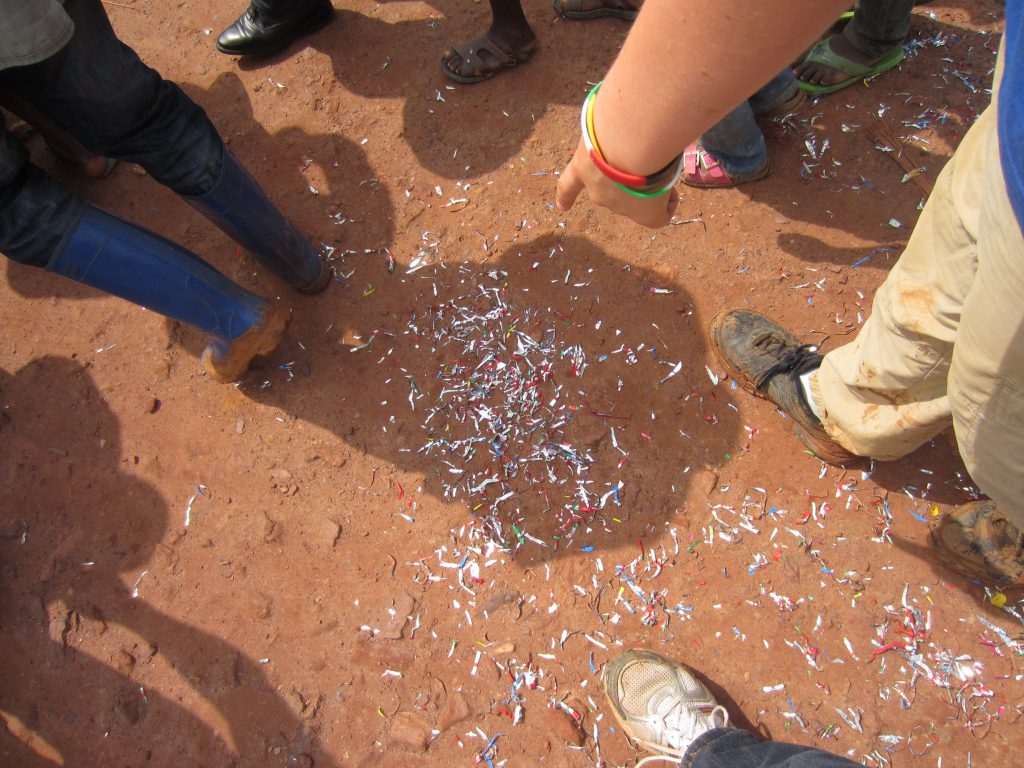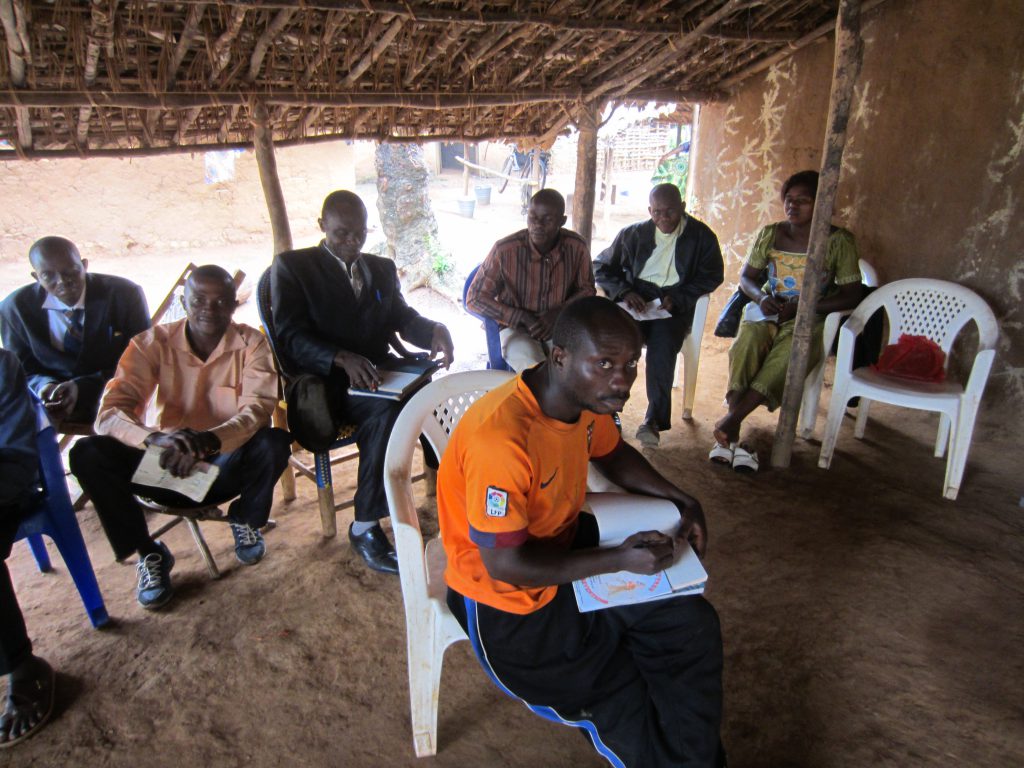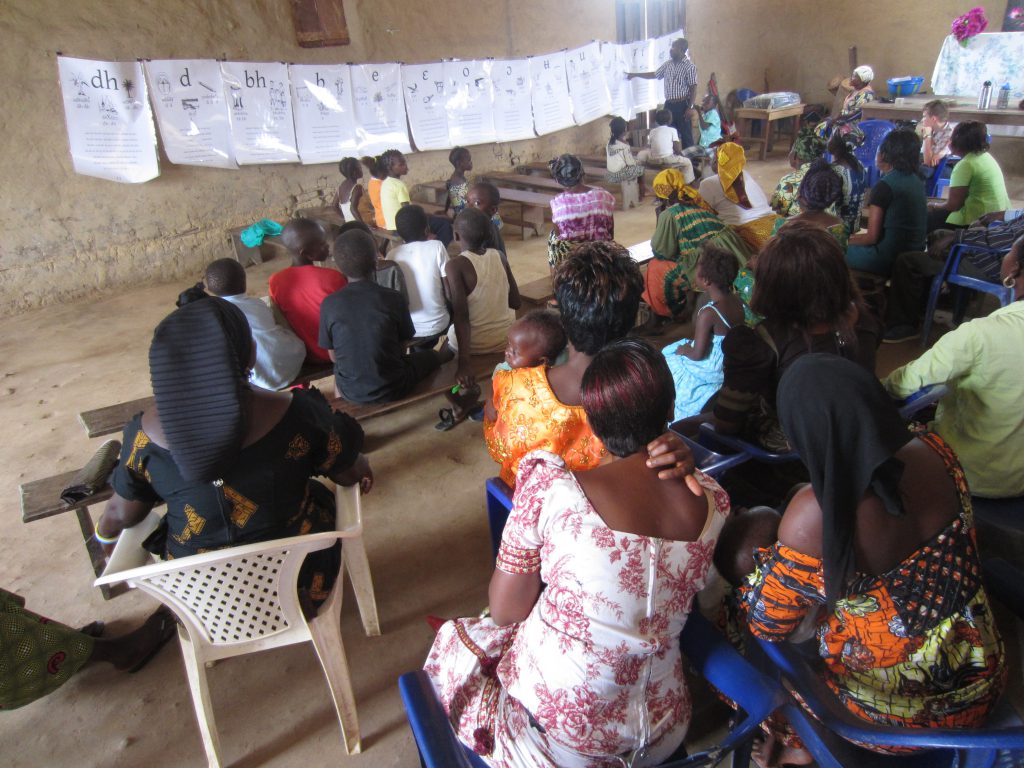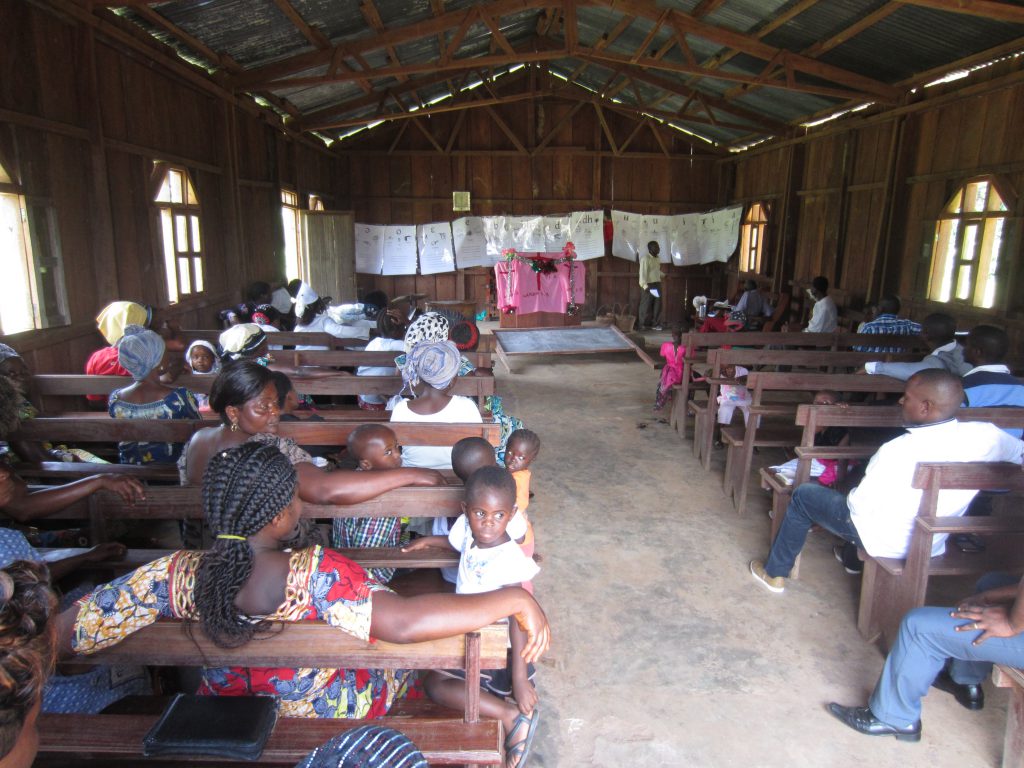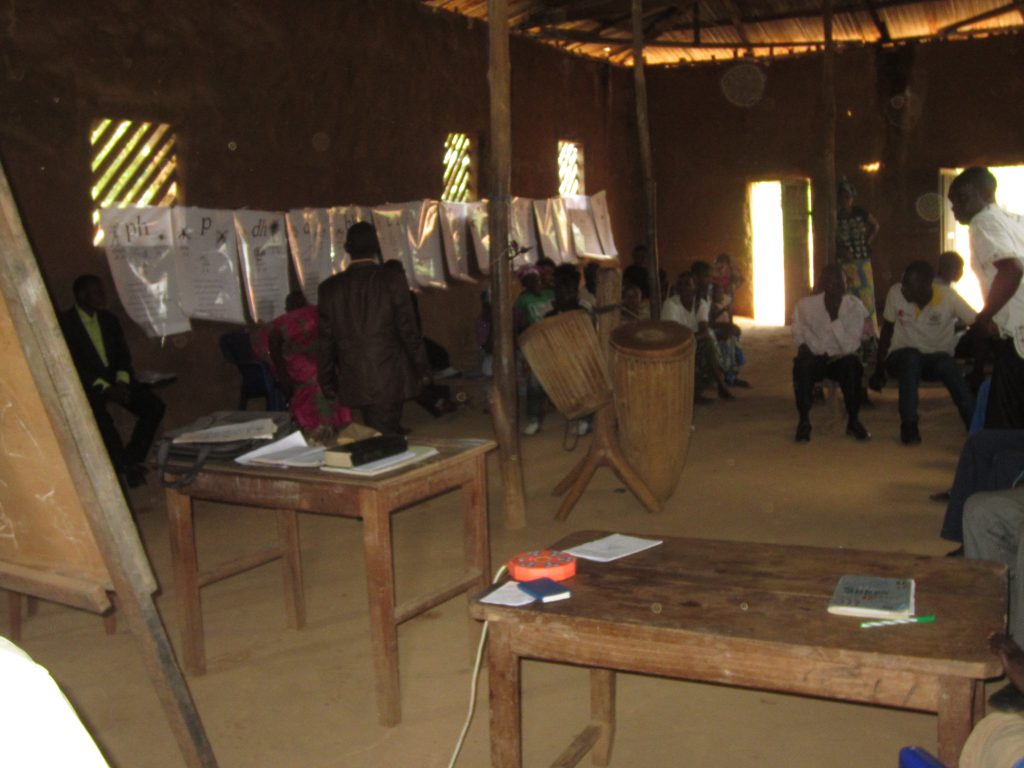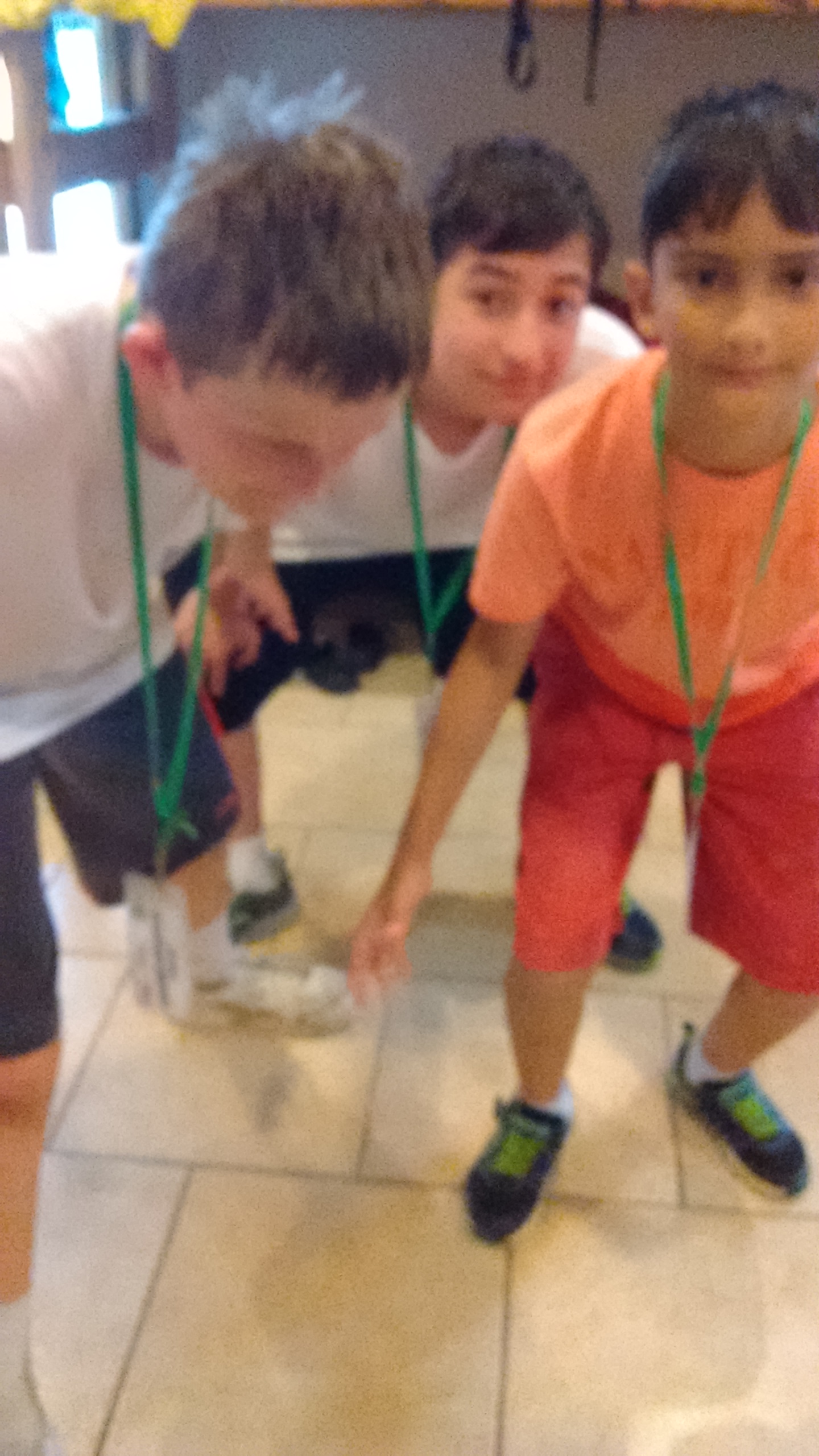As we approached the Christmas season, I’ve asked various groups to pray for the depressed on a number of occasions. I’ve been aware of the general increase in depression around Christmas for some time. But I hadn’t thought seriously recently about my own struggles in feeling left behind in the joy others seem to feel, especially at this time of year. Which is a serious shame for a Christian, as we are guardians of the greatest hope of Joy this life has to offer.
This week I had a short but substantive list of things to get done before being able to take time off for Christmas, and enjoy the holiday with my family. This morning, Christmas eve, only one item on that list is done, and that not entirely. My kids are enjoying playing a game in the other room, and I’m still working on a project that really should have been done yesterday. And I’ve abandoned another project that should have been done earlier.
So where do we go from here? I’m told that maintaining routines is good for putting the breaks on the downward spiral of depression. One of my routines is to read through a Bible reading plan which has portions of psalms, proverbs, other old testament, and new testament each day to cover the Bible in a year. Yesterday’s reading (which I was catching up on today; did I say I was behind on things?) has Psalm 142, which seemed apropos for my mood today (the following is ESV):
1 With my voice I cry out to the Lord;
with my voice I plead for mercy to the Lord.
2 I pour out my complaint before him;
I tell my trouble before him.
Another thing I’ve learned about depression, which I believe is absolutely critical for Christians, is that we must express our worst feelings. We often try to bottle them up and deny them, but they only fester and rot inside, until we ultimately burst. At which point things are uglier than if we had just been honest upfront. What’s worse, I think the desire to keep things bottled up comes from a desire to look like we have it all together. Which comes from a mistaken belief that it is even possible to have it together (c.f., Romans 1-3), which amounts to a basic denial of the Gospel. How can we fully rely on the Good News of God’s provision of Jesus for our sin, while at the same time believing (and or pretending) that we have it all together?
When we are tempted to fake holiness until we make it, while feeling like a tomb full of rotting bones, the gospel shows us another way. And this psalm gives us a way that may even work with our cultural sensibilities. If you can’t show up to church without makeup, fine. Don’t tell anyone else your problems, if you can’t bear it, but you must cry out to the Lord. He already knows your troubles anyway, so you’re really just being honest with yourself — which is a good start to emotional health. Ultimately you’ll want to be honest with others, too, but let’s not get ahead of ourselves.
Once we’re committed to crying out to the Lord, what can we say?
3 When my spirit faints within me,
you know my way!
In the path where I walk
they have hidden a trap for me.
Once we’re committed to seeing and admitting to what’s going on inside of us, and crying it out to God, it’s amazing what comes out. To have a fainting spirit that you can’t acknowledge is a great burden. As is feeling like there are traps everywhere you walk. If you feel on the verge of death (physically, emotionally, spiritually, or in any other way), this is a good thing to bring to the surface. One particular pain many feel is loneliness:
4 Look to the right and see:
there is none who takes notice of me;
no refuge remains to me;
no one cares for my soul.
There is nothing quite like feeling there are two groups of people out there: those that are against you, and those that don’t see you. I mentioned already the downward spiral of depression; I think it is helpful to at least acknowledge at this point that if we are unwilling to share our pain, we should only expect that no one would know it, or us. Beginning to acknowledge and share our pain, loneliness, and depression is the beginning of the path out of loneliness. But in the mean time, even if not one really cares (which rationally thinking, is probably never true of anyone), you can still tell God you feel that way. Even if you can’t communicate your feelings with another human being, you can talk to God. In doing so, we do eventually find that there is Someone who cares for our soul, however much it doesn’t feel like that now. Ultimately we will be able to say with the psalmist:
5 I cry to you, O Lord;
I say, “You are my refuge,
my portion in the land of the living.”
I don’t think the psalmist necessarily believes this as he speaks; I find that I often have to speak truth before I feel it is even possibly true. Sure, He doesn’t feel like a refuge, though we know that He is. I have to decide to proclaim what I know to be true in some part of me, even if that part is so small and feeble at the time. We stand with the father’s prayer: “I believe; help my unbelief!” (Mark 9:24 ESV) Even if our speech denies that we believe what we’re saying, crying out for help is a necessary part of getting where we want to be. We need a refuge, but feel that there is none. We see the Bible claiming God as our refuge (Psalms 18, 46, 71, 92; Proverbs 14:26, 18:10; Isaiah 25:4; Jeremiah 16:19, inter alia), but we don’t feel it. Cry it out anyway. This is our need, and this is God’s promise. We must cry out and ask for the safety we feel we need.
But sometimes we need more than just a safe place:
6 Attend to my cry,
for I am brought very low!
Deliver me from my persecutors,
for they are too strong for me!
Sometimes we feel like we are being actively persecuted. Like it isn’t enough for people to just ignore us; we feel attacked. There is no safe place, because we are pursued by people who hate us, who are stronger than us. The rational part of me knows this is never true; not only has God provided us refuge, He is also stronger than any adversary (c.f., Rom 8:31-39). But while it doesn’t feel that way, we must cry out and say so, while we wait for the Truth to sink in.
7 Bring me out of prison,
that I may give thanks to your name!
Sometimes we feel like the work of our adversaries has not only been against us, but has imprisoned us. We are not just attacked, but locked up, and someone else has the key. We need someone to let us out, even if the prison is more a function of our own issues than the actions of others. When Jesus quoted Isaiah 61:1-2a in Luke 4:18-19, he explicitly referenced liberty and the Gospel (ESV):
“The Spirit of the Lord is upon me,
because he has anointed me
to proclaim good news to the poor.
He has sent me to proclaim liberty to the captives
and recovering of sight to the blind,
to set at liberty those who are oppressed,
to proclaim the year of the Lord’s favor.”
This was Jesus’ mission, set down long before He was born. But in the mean time, we feel poor, imprisoned, blind, and oppressed. To me, the best news in this situation is that if we begin to acknowledge just how horrible we feel, then we are ripe to hear Jesus’ proclamation of Good News. He came to deal with these things. He came to meet our need. If we cry out to him, and tell him how horribly oppressed we feel, then we join the ranks of those He spent most of His time with during His earthly ministry, and we stand apart from those He criticized, who had religious systems in place to feel like they had it all together.
After all this crying out, the psalmist has a glimmer of hope:
The righteous will surround me,
for you will deal bountifully with me.
Again I’m not sure how much he believed this, but it is a good thing to say, and to trust that we will ultimately feel. Do we feel lonely? Yes, but the righteous will surround me. Why, because I’m a cool person with lots of money and a winning personality? No. Because the Lord will deal bountifully with me. He is our hope and our shield. He is the liberator of the oppressed. He is the one we need. Crying out to Him, then, is really the only hope any one of us ever had.
